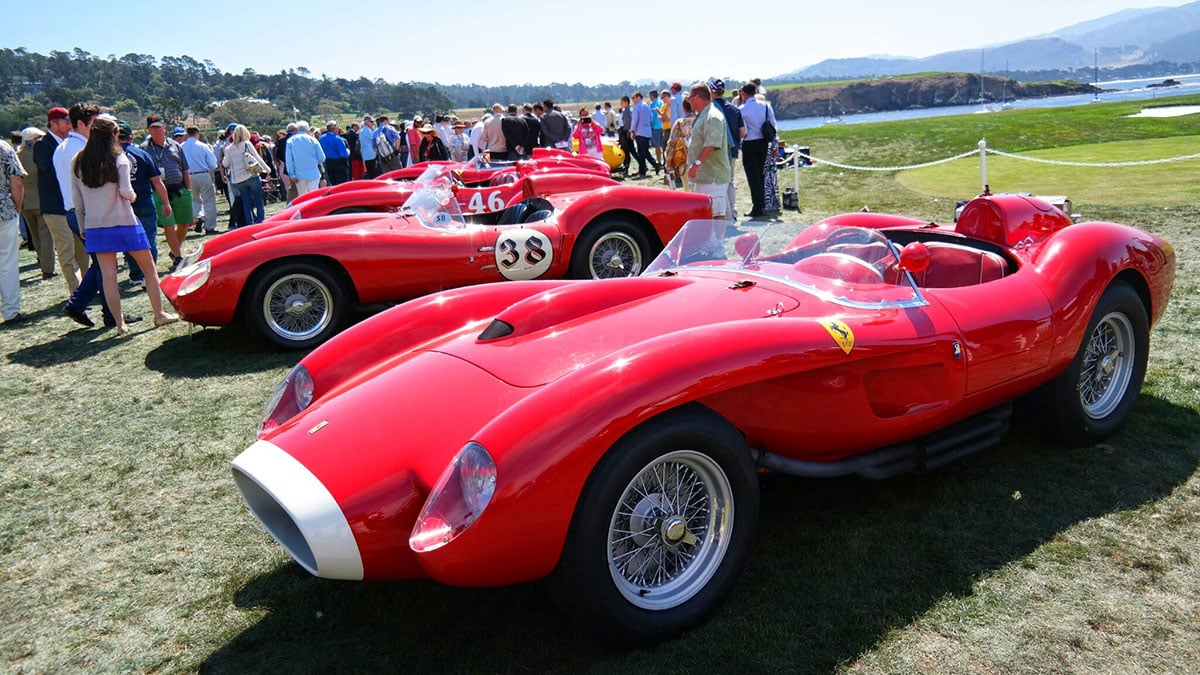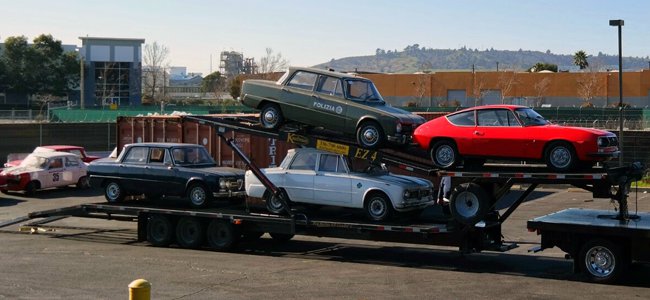Volkswagen Beetle: The Classic Icon that Transcends Time in Automotive History
From its humble beginnings as an affordable people's car, the Volkswagen Beetle has etched itself into the annals of automotive history as an enduring classic. With its distinctive rounded shape and endearing personality, the Beetle has captivated the world for decades. Let us explore the reasons why the Beetle became a timeless classic, adored by millions and leaving an indelible mark on automotive history.
Iconic Design:
The Volkswagen Beetle's iconic design is instantly recognizable and synonymous with the car itself. Its rounded curves, friendly appearance, and compact proportions exude charm and character. Designed by Ferdinand Porsche, the Beetle's shape was not only aesthetically pleasing but also functional, providing excellent visibility and maximizing interior space. This timeless design has stood the test of time, making the Beetle an instantly recognizable symbol on roads worldwide.
Symbol of Accessibility:
One of the key reasons for the Beetle's enduring appeal lies in its accessibility. Originally conceived as a "people's car" or "Volkswagen" in German, it aimed to make automobile ownership affordable for the masses. The Beetle's simplicity of design and efficient engineering allowed for cost-effective production and maintenance, ensuring widespread availability. Its affordability and practicality made it a popular choice for families, students, and individuals looking for reliable transportation.
Cultural Phenomenon:
The Beetle's popularity transcended the realm of mere transportation, becoming a cultural phenomenon in its own right. It symbolized freedom, individuality, and rebellion against the norm. From its association with the counterculture movements of the 1960s to its starring role in movies like "Herbie: The Love Bug," the Beetle captured the imagination of people worldwide. Its unique personality and playful nature made it an automotive icon, ingrained in popular culture.
Worldwide Success:
The Volkswagen Beetle achieved unprecedented global success, transcending national borders and captivating hearts across continents. Its production spanned over six decades, with millions of Beetles sold worldwide. From its origins in Germany, it quickly gained popularity and became a common sight on roads in Europe, the Americas, and beyond. The Beetle's universal appeal and recognition made it a symbol of automotive excellence worldwide.
Enduring Legacy:
While the original production of the Beetle ended in 2003, its legacy continues to thrive. The Beetle's timeless design and cultural significance have ensured its place as a beloved classic among car enthusiasts. Restored Beetles are cherished by collectors and enthusiasts who appreciate their historical value and unique charm. Volkswagen's decision to reintroduce a modernized version, the New Beetle, and later the Beetle Final Edition, paid homage to the original and showcased its enduring popularity.
Conclusion:
The Volkswagen Beetle holds a special place in automotive history as a timeless classic that transcended its original purpose of affordable transportation. Its iconic design, symbol of accessibility, cultural impact, global success, and enduring legacy have made it an automotive icon that continues to captivate enthusiasts and evoke fond memories. The Beetle's endearing personality and universal appeal have secured its position as one of the most remarkable and beloved cars in automotive history, reminding us of the power of simple, innovative design to leave a lasting mark on the world.
You May Also Like
These Related Stories

Top Classic Car Events in the US in 2024

What Affects Ground Transportation Rates In The U.S.?

-093789-edited.png?width=220&height=79&name=wcs_final_logo_(1)-093789-edited.png)